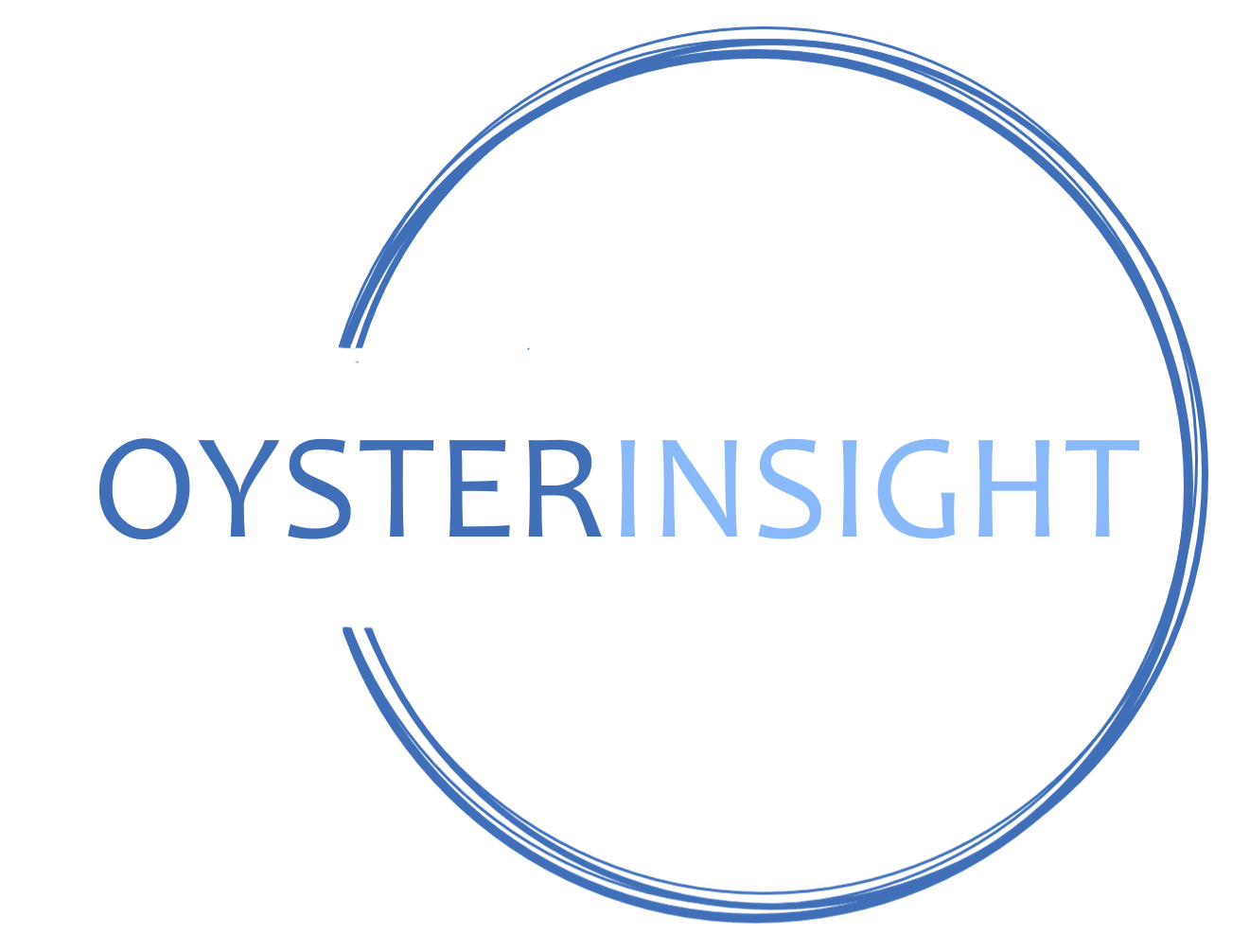As we progress through the various levels of need, once we have our basic needs met, how much money do we need to make, and what do we do with it? These are questions that many executives wrestle with, and few are able to discuss.
Business and making money can be good for everyone involved. This may be obvious to some. But is this obvious: if making money can be good for everyone involved, what are our moral and ethical obligations around making money?
Capitalism
Free market economies are touted to promote competition and, as a result, improved products and services for a fair value. Competition is supposed to result in innovation, growth, and production.
The downside of capitalism is that it places profits over social benefits. Those who aren’t skilled in high demand areas may not be able to earn a living. It can create large disparities in wealth. And the disparities in wealth create opportunities for corruption when, for example, lawmakers are influenced by those with larger budgets.

Conscious Capitalism
Ethics are at the heart of conscious capitalism, trying to overcome the downsides of capitalism and maximize the benefits. This philosophy encompasses four areas:
- Higher Purpose: the company’s goals should be more than just maximizing profits. As Simon Sinek discusses “why” in his now-famous TED talk, a powerful purpose can inspire more than profits – it engenders trust and cooperation in all your stakeholders and, in empowering and unifying, creates momentum toward positive change.
- Stakeholder Orientation: the company needs to focus on the best interests of all it’s stakeholders. Everyone who interacts with your company should be better off as a result.
- Conscious Leadership: from the top down, everyone needs to be accountable for their work, take ownership of their efforts, inspire others, innovate, and champion positive change.
- Conscious Culture: every leader and member of the organization should uplift, and be uplifted by, the culture. Every stakeholder should reap the benefits of a positive culture that drives the company forward.
Benefits
There are multiple benefits when your company is practicing conscious capitalism.

- Creatives and innovators are likely to be more inspired and forward-thinking, knowing they are safe to take risks and push the envelope.
- It becomes easier for executives to make profitable decisions, knowing there are no negative trade-offs.
- Staff retention is higher, with employees getting positive encouragement, being mentored, and seeing a future career path.
- Happy, loyal employees provide better customer service, deepening customer relationships.
- As people are valued, inefficient systems and processes are rethought and optimized, reducing overhead.
- Customer loyalty is increased, with buyers becoming stickier.
- Conserving energy, reducing waste and other similiar initiatives to protect the environment can be more profitable.
Executive Impact

Executives at these types of companies want to work longer, knowing that their continued work is doing more than just lining their own pockets. They are adding to a culture that is having a positive ripple effect throughout its stakeholders. Making money doesn’t become a moral stumbling block as the higher corporate purpose helps augment their own personal mission.
Work it … for good!



